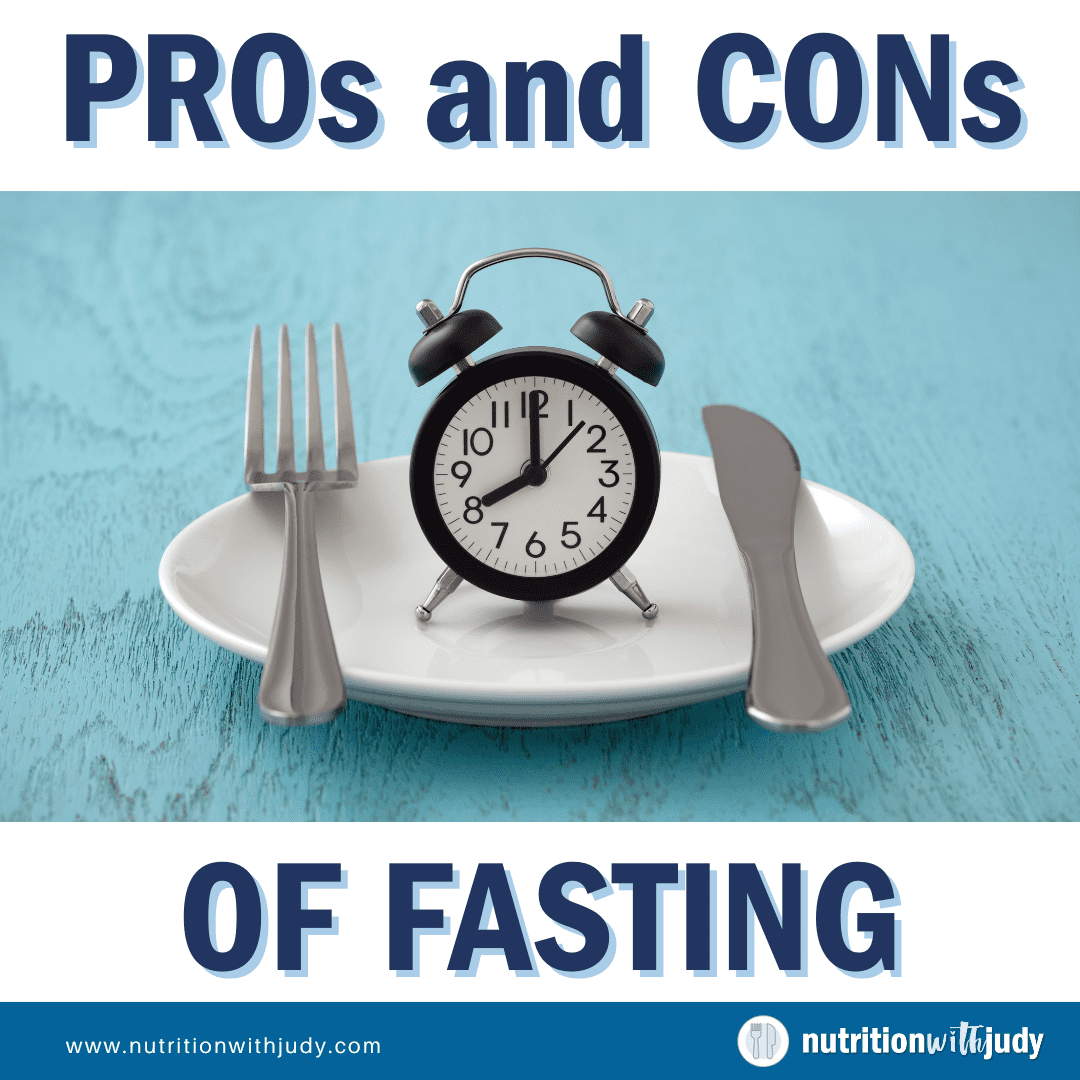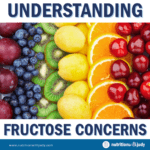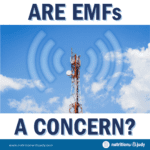

The Pros and Cons of Fasting


Original Publish Date: 12/3/22
I always have so many things I want to write about but this topic was not one of them. I’m seeing so many headlines getting tossed around that I figured I’d address it for this community. Let’s settle the science (for now)!
Study 1: Updated Meta-Analysis of Studies from 2011 to 2021 Comparing the Effectiveness of Intermittent Energy Restriction and Continuous Energy Restriction (Source)
Meta-analysis studies are essentially write-ups of many studies on the same topic and the meta-analysis gives a summary view of the trends found in all the studies. It is considered one of the best types of studies for research outcomes. Of course, meta-analyses are only as good as the studies contained in them but that’s a topic for another day.
Menno Henselmans shared the headline “Intermittent Fasting diets are worse for your blood sugar and blood pressure, a new meta-analysis finds.” The title is very eye-catching and if you read through the actual study (and Menno’s subsequent infographics in the same post), it’s a bit sensationalized. (Source)
The online world that dislikes fasting, shared it like wildfire, with no context and none of the subsequent infographics in the same post.
This is how science gets weird and headlines share exaggerated claims.
The Study: This study compared randomized control studies published between 2011 and 2021, and compared intermittent fasting (eating in certain windows) and continuous energy restriction (restricting calories but not time-dependent) for at least 12 weeks (3 months). A total of 16 trials with 1,438 participants were included.
The Findings: They found that there was no significant difference in body weight, waist circumference, or body fat. “[The restricting calories group] changed blood glucose levels more than [the intermittent fasting group], but there was no significant difference in glycated hemoglobin levels [A1C]. Systolic blood pressure was significantly lower in the [restricting calories group], but diastolic blood pressure did not differ significantly between the groups.
Changes in blood lipids did not differ significantly between the interventions. No differences between [the groups] were observed in the sensitivity analyses.” (Source)
Their Conclusion: “[Intermittent fasting] can be an alternative to [restricting calories] because it induces comparable weight reduction and metabolic improvement. However, the effect of [intermittent fasting] was not superior to that of [calorie restriction], and its attrition rate was not lower than that of [the calorie restriction group].” (Source)
My Thoughts:
- Technically, there was a difference in blood glucose for the people who restricted calories compared to intermittent fasters. Every single study they used required 12 weeks of trials and found that the A1C marker (another marker for glucose) did not show a difference. The A1C usually measures 12 weeks of blood sugar levels in cells. I’d argue that the lower blood glucose doesn’t matter as A1C is a better snapshot of glucose levels, and with the A1C, no significant differences were found.
- Technically, systolic blood pressure was lower, but the diastolic number was not. I don’t know if you can say that blood pressure is much worse. Systolic, yes. But diastolic, no.
- What this meta-data study shares is that if you don’t like intermittent fasting, it’s not the only tool to maintain health.
- Many shared that “See, I’ve been saying fasting is bad, and now here’s the proof.” No. That’s not what this study says.
- Read the studies. Stop reading headlines. Context Matters.
Below are some of the infographics from Menno’s post. The first page was reshared everywhere without the subsequent pages of the post. (Source)
Study 2: “Skipping Meals, Fasting and Eating Meals Too Closely Together May Be Linked to Increased Mortality Risk” (Source)
“Summary: A new study links daily eating to mortality risk. Those over 40 who eat one meal a day have a higher mortality risk. Those who skip breakfast are at an increased risk of cardiovascular disease-associated death, and those who eat meals less than 4.5 hours apart have increased mortality risks.
Eating only one meal per day is associated with an increased risk of mortality in American adults 40 years old and older, according to a new study in the Journal of the Academy of Nutrition and Dietetics.” (Source, Source)
Frankly, I wanted to share this because I’m not for one meal a day, as it supports my bias. But when you read past the headlines, there’s so much more context.
Here’s what it actually shares: The investigators observed a number of common characteristics among participants eating fewer than three meals per day (around 40% of respondents)—they are more likely to be younger, male, non-Hispanic Black, have less education, and lower family income, smoke, drink more alcohol, are food insecure, and eat less nutritious food, eat more snacks, and less energy intake overall.
“…This study focused on meal skipping regardless of snack consumption, thus the evidence provided for health effects of intermittent fasting is limited.” (Source)
This isn’t a study on fasting, but a study on the average American that eats one meal but many snacks a day. In fact, the one-meal-a-day group had 2.8 snacks per day. Sorry, that’s not one meal a day (or fasting).
The increased mortality is likely not because of fasting but all the other confounding variables such as smoking, drinking, food insecurity, less nutritious food, and so on…
We have to read past the headlines. Headlines grab eyeballs and reshares. But without context, studies don’t mean much, or worse yet, we share false, fear-mongering information.
TLDR – OVERALL RECOMMENDATION:
Do what works for you and what allows you to be consistent.
If you eat nutrient-dense real foods, like intermittent fasting, and it helps you to be consistent, control your food intake, and helps you not overeat, then it’s a great tool.
If multiple meals with nutrient-dense real foods help you to stay consistent, control your food intake, and helps you not overeat, then it’s a great tool.
If both studies reported results in this way, no one would read them.
In health,
Judy



